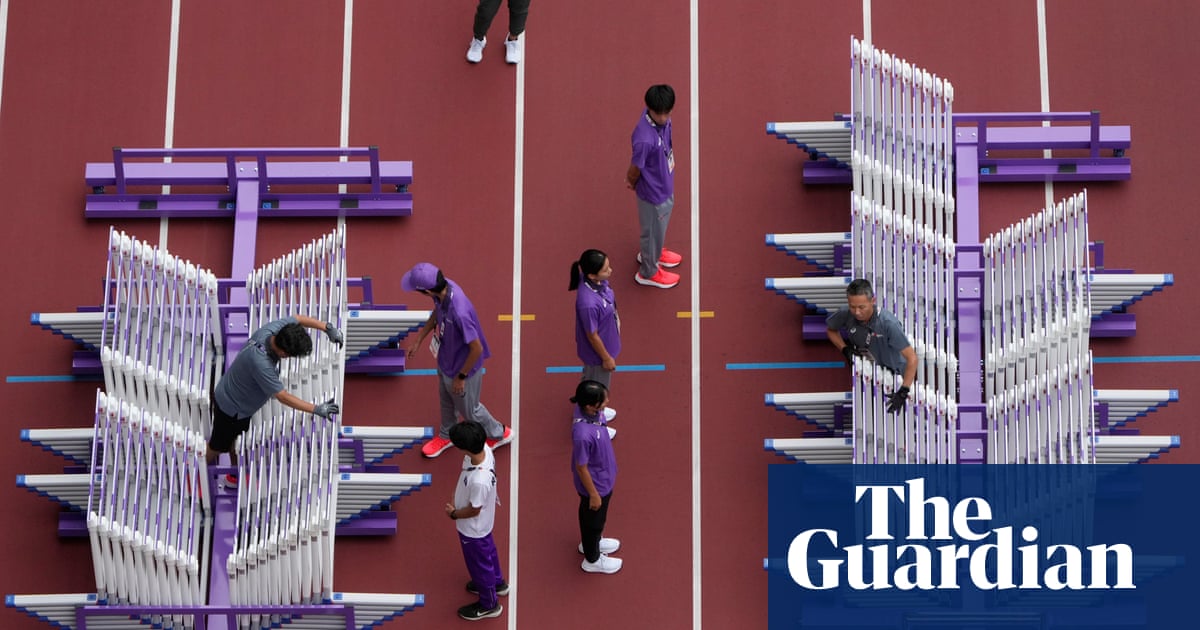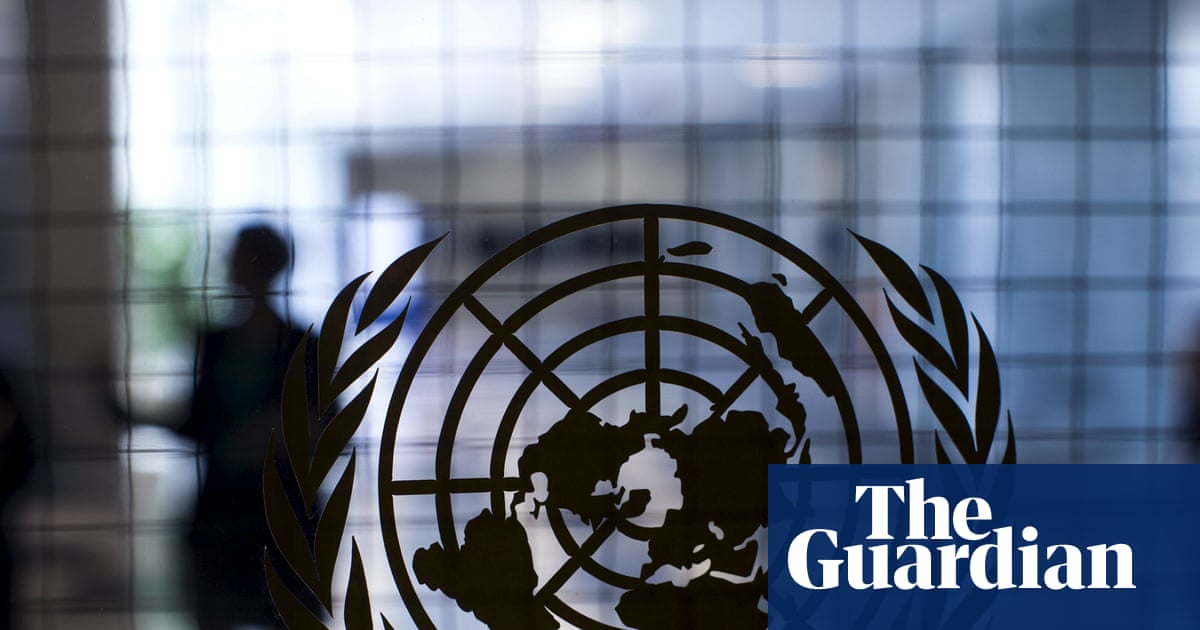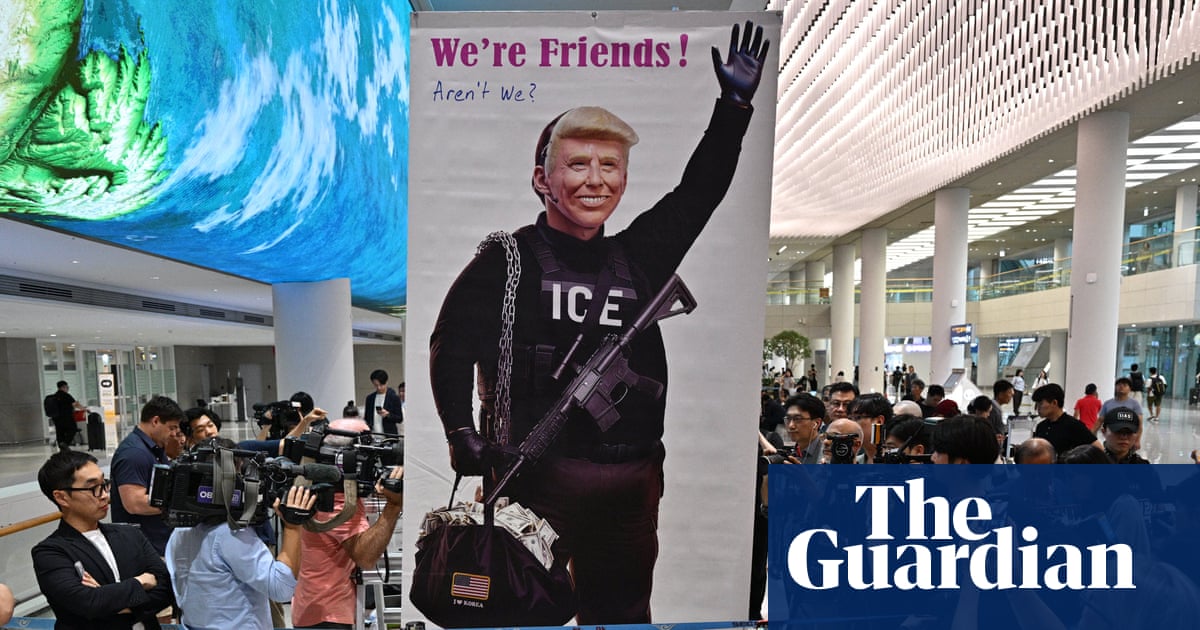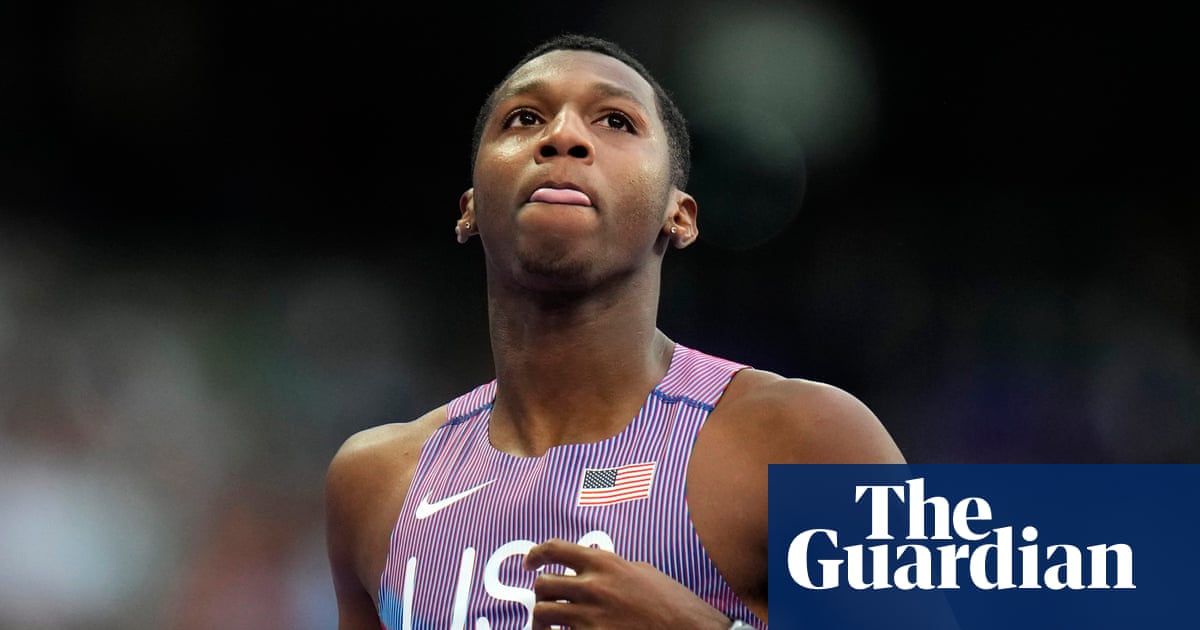Swimmers, coaches and officials who compete in or support a controversial new sports event allowing performance-enhancing drugs will be barred from elite competition, World Aquatics announced on Tuesday.
The move targets the Enhanced Games, a privately funded, Olympics-style event set to debut in Las Vegas next May, which explicitly permits – and encourages – the use of substances banned under global anti-doping rules. Athletes will not be drug-tested and may follow personalized pharmaceutical regimens, provided they disclose their use to organizers.
World Aquatics said anyone who “supports, endorses, or participates in sporting events that embrace the use of scientific advancements or other practices that may include prohibited substances and/or prohibited methods” will be ineligible for the organization’s events. This includes athletes, coaches, administrators, and medical personnel.
“Those who enable doped sport are not welcome at World Aquatics or our events,” said Husain al-Musallam, the organization’s president.
The Enhanced Games, slated for 21–24 May 2026 in Las Vegas, will feature sprinting, swimming and weightlifting. Organizers have promised prize money of up to $500,000 per event, including $1m bonuses for breaking world records in the 100m sprint or 50m freestyle. Australian swimmer and three-time Olympic medalist James Magnussen is among a small group of athletes who have publicly signed on.
The event’s founder, Australian entrepreneur Aron D’Souza, has pitched the Games as a revolutionary platform embracing what he calls “superhumanity”, a future where pharmaceutical and technological enhancement is normalized. Athletes may compete naturally, follow enhancement protocols, or participate in clinical trials using FDA-designated “Investigational Medicinal Products”.
“We are creating a new category of human excellence,” promotional materials say. “A world where performance-enhancing drugs are used safely, openly, and under medical supervision.”
D’Souza has called anti-doping policy “outdated and hypocritical”, claiming the Enhanced Games offers a safer, more transparent alternative.
The plan has drawn sharp criticism from anti-doping bodies and sports federations. “It’s a dangerous clown show, not real sport,” said Travis Tygart, head of the US Anti-Doping Agency. The World Anti-Doping Agency warned the project “jeopardizes athletes’ health and well-being” by promoting “the abuse of powerful substances and methods that should only be prescribed, if at all, for specific therapeutic needs”.
Athletes are expected to undergo medical screening and be monitored by independent health and ethics boards. But enforcement appears largely voluntary, a feature organizers describe as part of their “partnership-first” model.
In February, Greek-Bulgarian swimmer Kristian Gkolomeev reportedly swam faster than the world record in the 50m freestyle while on an enhancement protocol. Though organizers touted the result, it came with caveats: Gkolomeev wore a full-body polyurethane suit not approved by World Aquatics, and the swim is not recognized as official.
Financial backing for the Games includes support from figures aligned with former U.S. president Donald Trump. A recent investment round was led by 1789 Capital, a firm co-founded by Donald Trump Jr. Other backers include Peter Thiel’s Apeiron Investment Group and the hedge fund Karatage.
D’Souza has welcomed the association with Trump-linked donors, calling it “more important than any investment” to have political and cultural backing from prominent American conservatives.
World Aquatics’ announcement comes amid efforts to clamp down on the Enhanced Games before they gain further traction. No major broadcasters or sponsors have been confirmed, and the pool of committed athletes remains small. Still, organizers say they are pressing forward with plans for a year-round training base and a broader business venture selling personalized enhancement programs to consumers.
While the Enhanced Games bills itself as a parallel to the Olympics, critics say it risks undermining global sport entirely.
“The greater risk,” reads an internal Enhanced FAQ, “is pretending those risks don’t exist.”
Whether the public embraces or rejects that philosophy may determine if the Enhanced Games are a one-off experiment or a disruptive force in the future of elite competition.

 3 months ago
50
3 months ago
50

















































